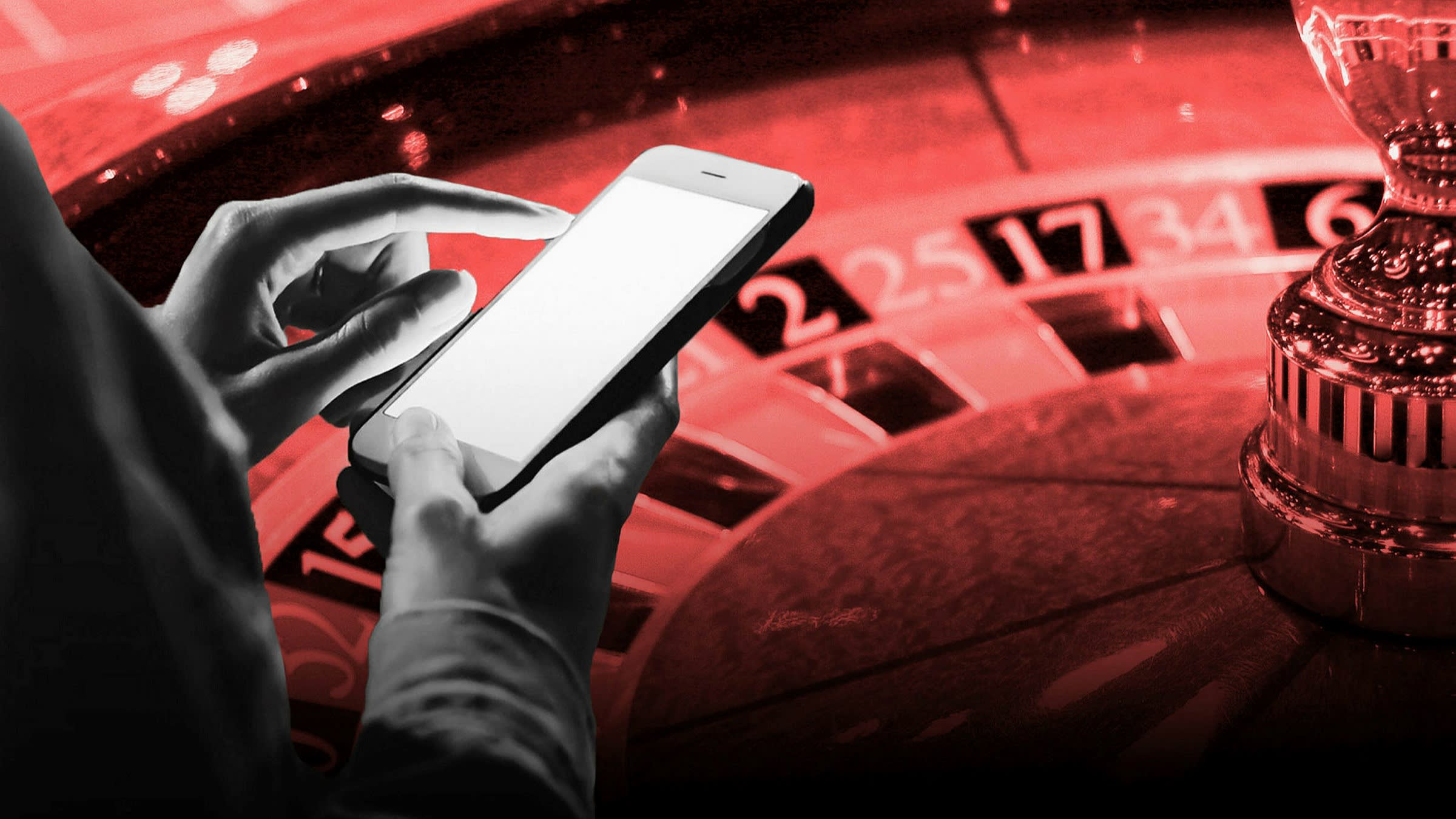The dark side of retail therapy
The cost of living crisis failed to put much of a dent in Black Friday.
Americans spent a record $9.12bn hunting down online bargains according to the latest estimates from Adobe Analytics. Here in the UK, Barclaycard recorded more than 1,200 transactions per second at the peak of the retail frenzy — the highest volume it has ever processed.
When adjusted for inflation, I expect the final totals will be less than previous years. But it’s clear that spiralling costs are causing many people to double down on discounts and special offers in the run-up to the annual splurge-fest known as Christmas.

For starters, it’s difficult to buy less stuff when everything around us is saying it’s OK to buy more and more.
Over-consumption is so normalised in our society. We are conditioned to hunt down deals, discount codes and bombarded with digital marketing via social media platforms. First Black Friday, then Cyber Monday, and now early Christmas offers — it feels like the retailers are going into overdrive this year to ensure they have a good Christmas, even though spending more may well be the last thing our finances need.
Combine this with the enabling power of easy credit and buy now, pay later — a sector that still isn’t properly regulated, yet is predicted to be worth $1tn (£866bn) globally by 2030 — and it’s easy to see how people can be sucked into spending more than they should.
In the US, Adobe recorded an 85 per cent week-on-week uplift in online shoppers using BNPL to spread repayments during “Cyber Week” (the period encompassing Black Friday and Cyber Monday).
The two therapists I quizzed on the podcast were alive to these connections, and stressed how loneliness, low self-esteem and poor mental health are also contributing to the rise of compulsive shopping disorders.

You may well be trying to spend less or do things differently this year. Even if your own finances have weathered the storm, friends and family members could already be fretting about their ability to reciprocate your generosity.
So get the conversation out in the open, and take the pressure off by making a mutual pact to avoid extravagant gifting. This will undoubtedly come as a relief to those whose finances are already running on empty.
For a different way of showing you care, take a look at the “Christmas Gift Cheques” on the Money Saving Expert website. Print off the free PDF (or if you’re artistic, design your own) and pledge something of great value which nevertheless costs nothing. This could be babysitting, helping with different tasks around the house or other acts of kindness that you know will be appreciated.
Just as compulsive spending is no cure for the feelings of loneliness and low self-worth often experienced by those with shopping addictions, presents are not a substitute for your presence.
Spending time together, rather than spending money, is what we will remember long after all the glitter and gift wrap has been cleared away.
Claer Barrett is the FT’s consumer editor and the author of “What They Don’t Teach You About Money”. [email protected]; Twitter and Instagram: @Claerb
This story originally appeared on: Financial Times - Author:Claer Barrett

























